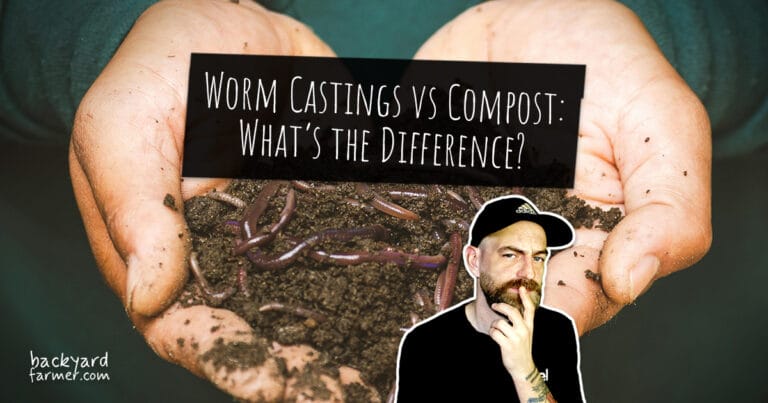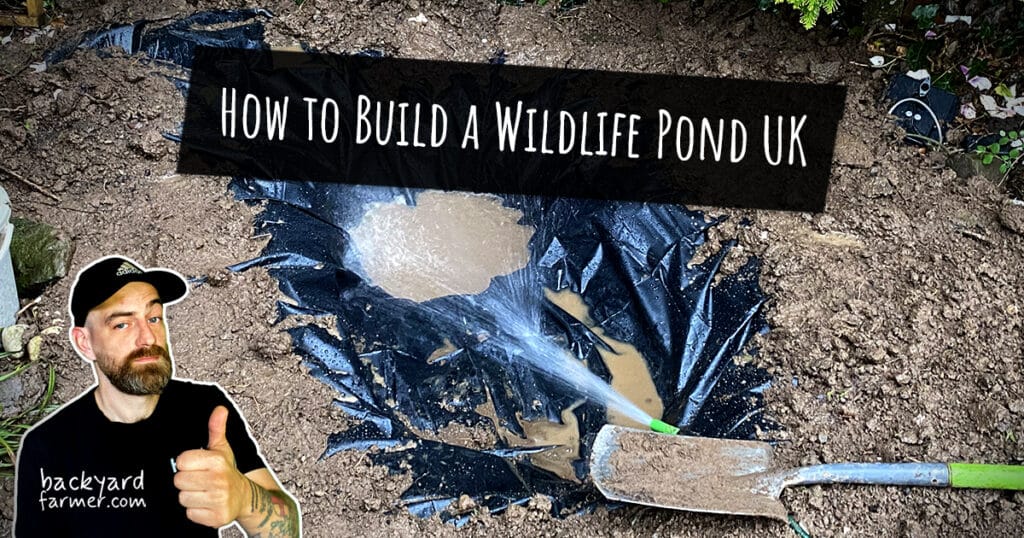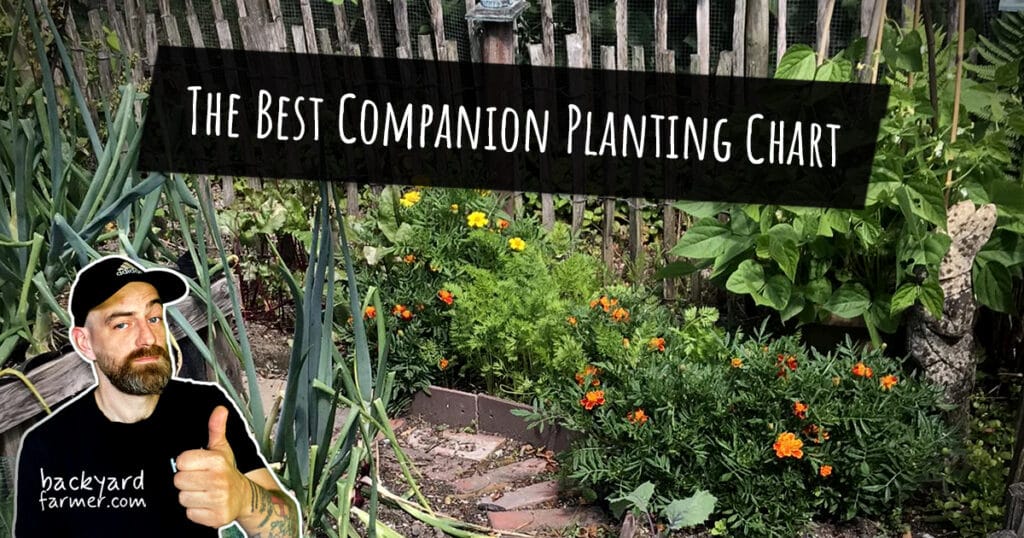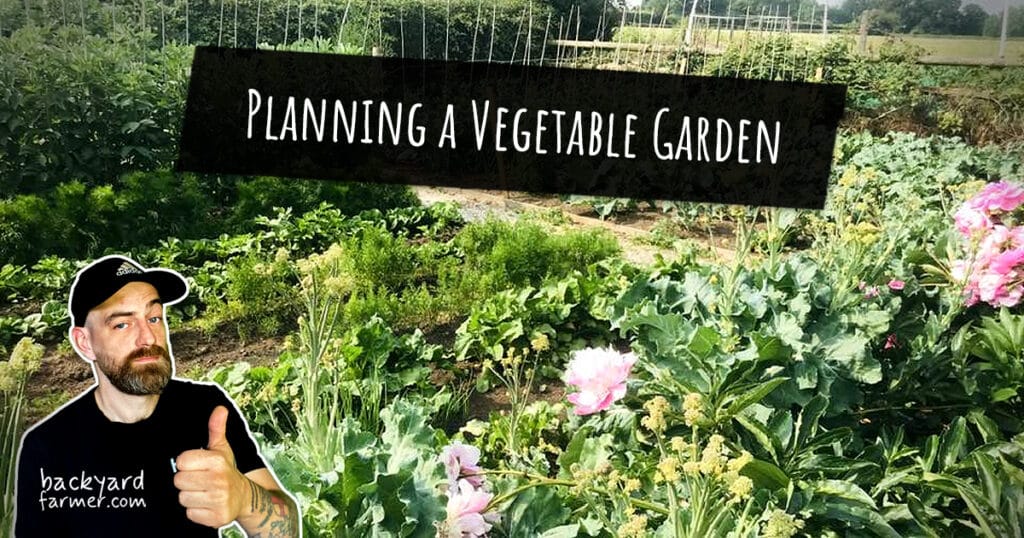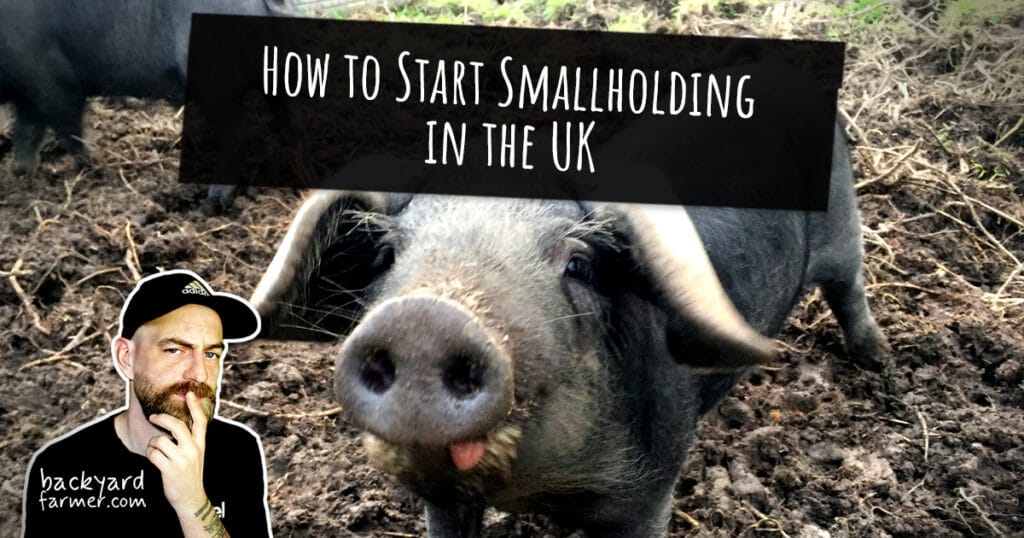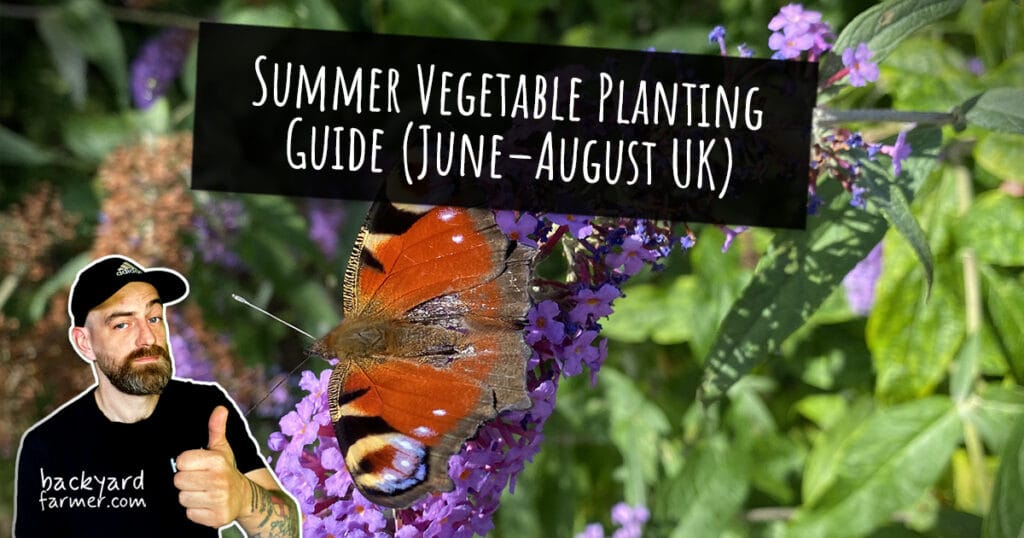Worm Castings vs Compost: What’s the Difference?
If you’re looking to boost your soil health naturally, two tried-and-true options often come up: worm castings and compost. Both are organic soil amendments, packed with nutrients, and loved by gardeners—but they work in slightly different ways.
Understanding the difference between worm castings and compost can take your gardening to the next level. Whether you’re feeding your vegetable patch, refreshing indoor plant pots, or bringing tired soil back to life, choosing the right material at the right time really matters.
What You’ll Learn in This Guide:
- The unique benefits of worm castings and compost
- When and where to use each one
- How to combine them for maximum effect
Ready to Dig In?
If you want to go even further, check out these helpful how-to articles:
🌿 Quick takeaway: Worm castings and compost both improve soil—but in different ways. Use them wisely and your garden will thank you!
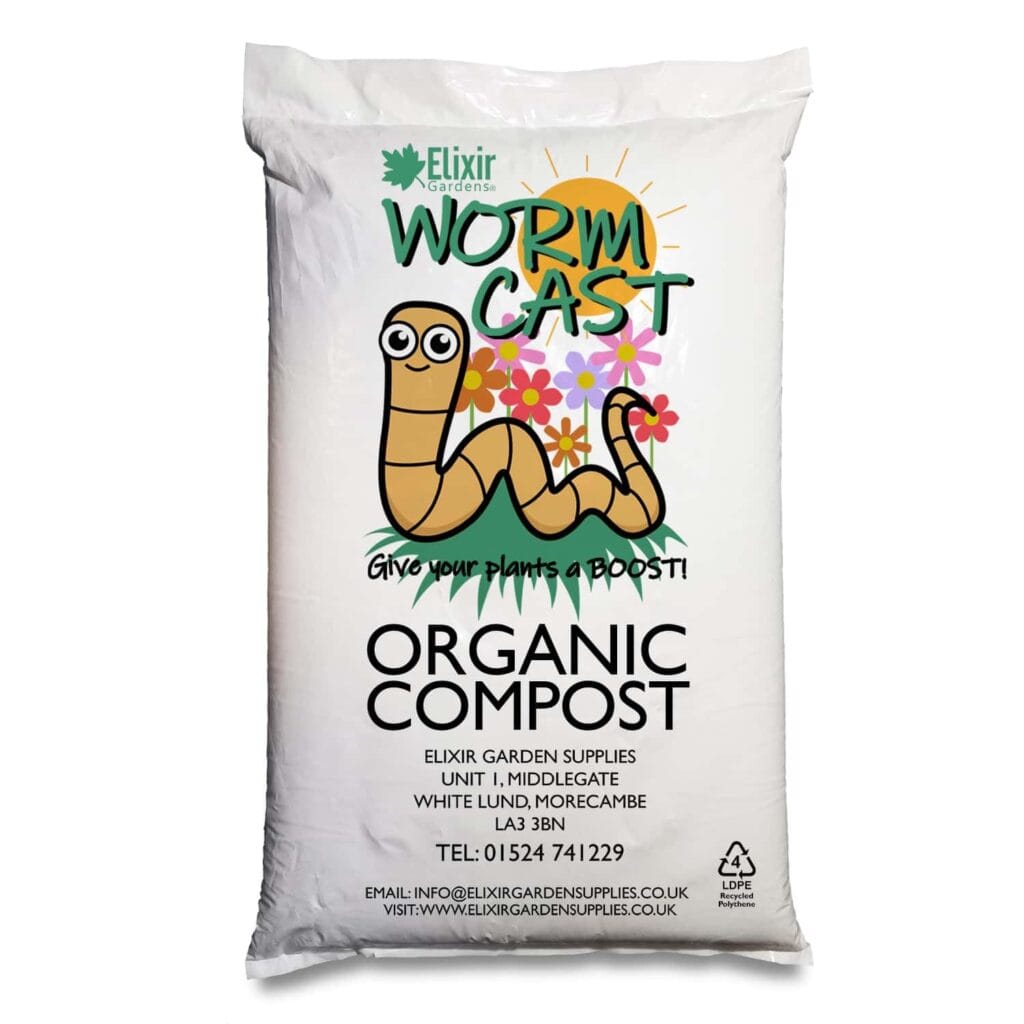
What Are Worm Castings?
Worm castings—also known as vermicast or worm compost—are the nutrient-rich, crumbly waste created by composting worms like Eisenia fetida (red wigglers). As these worms digest organic matter such as food scraps and garden waste, they produce castings full of plant-available nutrients and beneficial microbes.
Unlike regular compost, which breaks down through microbial activity and heat, worm castings are produced through digestion. This means the nutrients are already in a bioavailable form, making them easier for plants to absorb straight away.
✅ Key Benefits of Worm Castings
- Nutrient-rich: Packed with nitrogen, phosphorus, potassium, calcium, and magnesium
- Microbe-boosting: Full of beneficial bacteria and fungi that enhance soil health
- Safe for all plants: Gentle enough for seedlings, cuttings, and houseplants
- Improves soil structure: Enhances moisture retention and promotes root growth
🌿 Quick takeaway: Worm castings act as a natural, slow-release fertiliser with added microbial life—a brilliant all-rounder for gardeners.
Worm castings are widely recognised as a premium organic fertiliser. They work especially well in container gardening, raised beds, and anywhere you want to boost soil health without risking over-fertilisation.
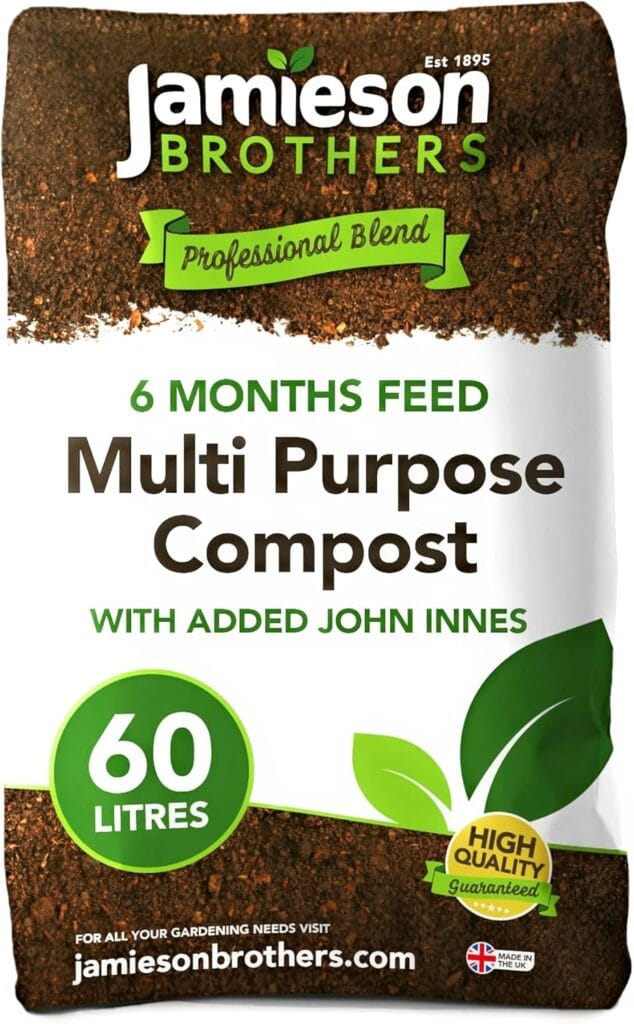
What Is Compost?
Compost is a natural, nutrient-rich soil amendment made by breaking down kitchen scraps, garden waste, and other biodegradable materials. Through a mix of heat, moisture, oxygen, and microbial activity, this organic matter transforms into a dark, crumbly substance that feeds and improves your soil.
Unlike worm castings, which are created in small batches by composting worms, compost is typically produced in larger volumes through aerobic decomposition—a process that breaks down organic material with the help of oxygen.
You can make compost at home using a bin or heap, or buy ready-made compost from garden centres, recycling facilities, or local councils.
🧱 Common Compost Ingredients
- Green waste: grass clippings, vegetable peelings, coffee grounds
- Brown waste: dried leaves, cardboard, straw, shredded newspaper
- Additives (used in moderation): animal manure, seaweed, wood ash
🌿 Benefits of Using Compost
- Improves soil structure by adding bulk and resilience
- Provides trace minerals and slow-release nutrients
- Encourages microbial life and boosts soil ecosystems
- Enhances water retention, especially in light or sandy soils
- Eco-friendly way to recycle garden and household waste
✅ Key takeaway: Compost is a versatile and sustainable solution that supports long-term soil health at scale.
Compost is ideal for building garden beds, mulching around perennials, and slowly enriching nutrient-poor soils. While it’s less concentrated than worm castings, it delivers consistent, long-term results through its sheer volume and rich organic content.
Nutrient Comparison: Worm Castings vs Compost
When it comes to feeding your plants, both worm castings and compost offer unique benefits—but they work in slightly different ways. Understanding how they differ in nutrient content and microbial life can help you choose the right organic fertilizer for your soil.
🧪 Nutrient Content
Worm castings are incredibly nutrient-dense, especially in forms that are immediately available to plants. While their NPK (Nitrogen-Phosphorus-Potassium) values are lower than synthetic fertilizers, they’re far more bioavailable. Castings also include essential micronutrients like calcium, magnesium, and iron—all in a form that’s easy for plant roots to absorb.
Compost, on the other hand, delivers a broader but more diluted range of nutrients. These nutrients are released slowly over time as the organic matter continues to break down in the soil. Compost also contributes to long-term soil health by adding humus and organic material.
🔬 Bioavailability & Microbial Activity
- Worm castings are pre-digested by worms, making their nutrients fast-acting and readily absorbed
- They’re loaded with beneficial soil microbes that boost nutrient cycling and plant resilience
- Compost also supports microbial life, though its nutrient availability is more gradual
📊 Summary Table
| Feature | Worm Castings | Compost |
|---|---|---|
| Nutrient Density | High (concentrated) | Moderate (diluted) |
| Nutrient Release | Fast-acting | Slow-release |
| Microbial Content | Extremely high | High |
| Ideal For | Seedlings, containers, houseplants | Garden beds, borders, soil enrichment |
🌿 Key takeaway: Use worm castings for quick-release nutrients and microbial power; choose compost for steady, long-term soil building.
Both options earn their place in the garden. But if you’re looking for a quick nutrient boost with high microbial activity, worm castings are hard to beat. If you’re after volume and long-term soil improvement, compost is your go-to.
Soil Benefits Compared: Worm Castings vs Compost
Healthy soil is the foundation of a thriving garden, and both worm castings and compost play key roles in creating that success—each in their own way.
🪱 How Worm Castings Improve Soil
Worm castings, also called vermicast, are an exceptional soil conditioner that:
- Kickstart microbial activity and enhance the soil food web
- Promote strong root development and better nutrient absorption
- Improve aeration and soil structure, even in compacted soils
- Strengthen plant immunity through humic acids and beneficial microorganisms
Thanks to their fine texture and rich nutrient profile, worm castings are ideal for:
- Container gardening
- Seed-starting mixes
- Areas needing targeted nutrition
🌾 How Compost Improves Soil
Compost, by contrast, delivers bulk organic matter that:
- Enhances soil texture, structure, and water-holding capacity
- Feeds soil organisms like fungi, worms, and microbes
- Builds long-term soil fertility through slow decomposition
- Reduces erosion and stabilises temperature in growing beds
It’s especially beneficial in larger spaces like:
- Raised beds
- Vegetable plots
- Flower borders
🤔 Which Should You Use?
- Think of worm castings as a probiotic-rich boost—concentrated, fast-acting, and packed with life.
- Think of compost as a slow-release feast—bulky, nurturing, and foundational for healthy soil.
🌱 Best practice: Combine them. Use worm castings for quick wins, and rely on compost for long-term structure and fertility.
Together, they help create nutrient-rich, well-balanced soil that supports everything from houseplants to full-scale gardens.
When to Use Worm Castings vs Compost
Both worm castings and compost are essential tools in any organic gardener’s toolkit—but choosing the right one at the right time can help maximise soil health and plant growth.
🪱 When to Use Worm Castings
Worm castings, also known as vermicast, are perfect when you need a gentle yet powerful nutrient boost, especially for young or delicate plants. Use them:
- In seed-starting mixes for strong, healthy germination
- During transplanting to minimise shock and support root development
- In containers and houseplants where nutrient access is limited
- As a top dressing to provide ongoing fertility throughout the season
- To brew worm tea, creating a liquid fertiliser for quick uptake
✅ Key takeaway: Worm castings are fast-acting, microbe-rich, and ideal for small, targeted applications.
🌿 When to Use Compost
Compost is ideal for bulk soil improvement and supporting long-term fertility. It shines when you:
- Build or refresh garden beds and fill raised planters
- Amend sandy, depleted, or compacted soil with organic material
- Mulch around vegetables, trees, shrubs, or perennials
- Improve water retention in dry or fast-draining areas
- Create base layers in no-dig or lasagna-style beds
✅ Key takeaway: Compost offers slow-release nutrients and enhances overall soil structure and moisture retention.
📊 Quick Decision Guide
| Use Case | Best Option |
|---|---|
| Starting seeds | Worm Castings |
| Building garden beds | Compost |
| Container plants | Worm Castings |
| Improving poor soil | Compost |
| Transplanting seedlings | Worm Castings |
| General soil health | Compost |
🌱 Pro tip: Don’t overthink it. Use worm castings when your plants need a quick, microbe-rich boost, and rely on compost for broader, long-term soil improvement.
Combining both creates a powerful soil management system that supports healthy, resilient plants all season long.
Can You Use Worm Castings and Compost Together?
Absolutely—and in fact, combining worm castings and compost is one of the smartest ways to supercharge your soil and support healthy plant growth.
Each material brings something unique to the table:
- Compost offers bulk organic matter and long-term structure.
- Worm castings deliver concentrated nutrients and a powerful dose of beneficial microbes that stimulate soil biology.
🌿 Benefits of Combining Worm Castings and Compost
- Jumpstarts soil health with fast-acting and slow-release nutrients
- Enhances microbial diversity and strengthens the soil food web
- Improves fertility while building soil structure and texture
- Supports root development and improves water retention
✅ Key takeaway: This combo nourishes plants in the short term while building lasting soil health.
🛠️ How to Use Worm Castings and Compost Together
- Layer worm castings over compost in raised beds and planting areas for a two-tier nutrient system
- Blend castings into compost-based potting mixes for stronger seedlings and houseplants
- Brew worm tea with compost bedding to create a microbe-rich liquid fertiliser
- Add worm castings to compost piles to increase microbial activity and speed up decomposition
🌱 Pro tip: Treat compost as your foundation, and worm castings as the finishing touch. It’s like building a lasagna garden with a secret sauce on top.
Used together, worm castings and compost form a powerful organic gardening duo that feeds your plants, enriches your soil, and supports sustainable growing for seasons to come.
Cost & Availability: Worm Castings vs Compost
When it comes to budget-friendly gardening and product availability, there’s a clear difference between worm castings and compost. Understanding when and why to choose one over the other can help you maximise your garden’s potential and your budget.
💰 Cost Comparison
- Worm castings, also known as vermicast, tend to cost more per kilo. They’re produced in small batches and require a slower, more controlled composting process.
- Compost is significantly more affordable, especially when bought in bulk or made at home. Many UK councils also offer discounted or free compost through local recycling schemes.
🛒 Availability
- Compost is widely available from garden centres, DIY stores, recycling centres, and online retailers.
- Worm castings may be less common in physical stores, but they’re easy to find online through garden suppliers or eco-friendly gardening shops. You can also make your own using a home worm composting bin.
📊 Price & Source Comparison
| Product | Typical Price (UK) | Availability |
|---|---|---|
| Worm Castings | £5–£10 per kg | Online, specialist shops |
| Compost | £2–£4 per 40L bag | Garden centres, councils |
💡 Which Offers Better Value?
Your best option depends on your gardening goals:
- Use compost for bulk soil improvement, mulching, and adding organic matter to tired soil.
- Choose worm castings for targeted nutrition, fast microbial action, or as a gentle soil booster for delicate plants.
🌱 Pro tip: Use homemade or store-bought compost as your base, and top it off with worm castings for a nutrient-rich blend.
By combining both, you create a cost-effective, nutrient-packed system that boosts soil fertility and supports sustainable gardening all season long.
Final Verdict: Which Should You Choose?
So, when it comes to worm castings vs compost, which one should you go for? The answer depends on your gardening goals, soil conditions, and how you like to grow.
🪱 Choose Worm Castings If:
- You want targeted nutrition for containers, seedlings, or sensitive plants
- You need a fast, gentle nutrient boost that won’t burn roots
- You’re focused on increasing soil microbes and improving soil vitality
🌾 Choose Compost If:
- You’re establishing or refreshing larger garden beds, borders, or vegetable patches
- You want to improve soil texture, moisture retention, and long-term fertility
- You’re working on a budget and need more volume for less cost
🌿 Best of Both Worlds?
If you can, use worm castings and compost together. Compost lays the foundation by improving soil structure and adding organic matter. Worm castings deliver quick-access nutrients and beneficial microorganisms that activate your soil biology.
✅ Tip: Use compost as the base layer and add worm castings near the root zone or as a top dressing. This simple combo maximises both short-term results and long-term soil health.
Whether you’re feeding tomatoes, revitalising tired pots, or prepping new growing space, knowing the difference between worm castings and compost gives you the power to make smart, organic choices—and grow stronger, healthier plants.
Keep Growing: What to Read Next
Now that you’ve got a clear picture of the difference between worm castings and compost, you’re well on your way to building healthier, more productive soil.
If you’re ready to go a bit deeper, check out these next steps:
🌿 Recommended Reads
- 🪱 Read our full guide to worm castings – Learn how to use them, why they’re so powerful, and where to find the best quality in the UK.
- 🍵 Make your own worm casting tea – A quick DIY way to brew a liquid feed that plants absolutely love.
- 🏡 Set up a worm bin at home – It’s easier than you think, and a great low-waste way to create your own castings.
✅ Key takeaway: Whether you’re just starting out or already knee-deep in compost, the right organic inputs can transform your garden. Let worm castings and compost team up—and let nature do the heavy lifting.

